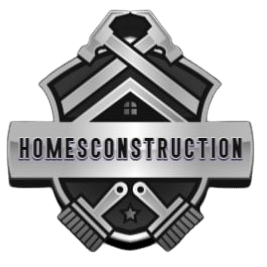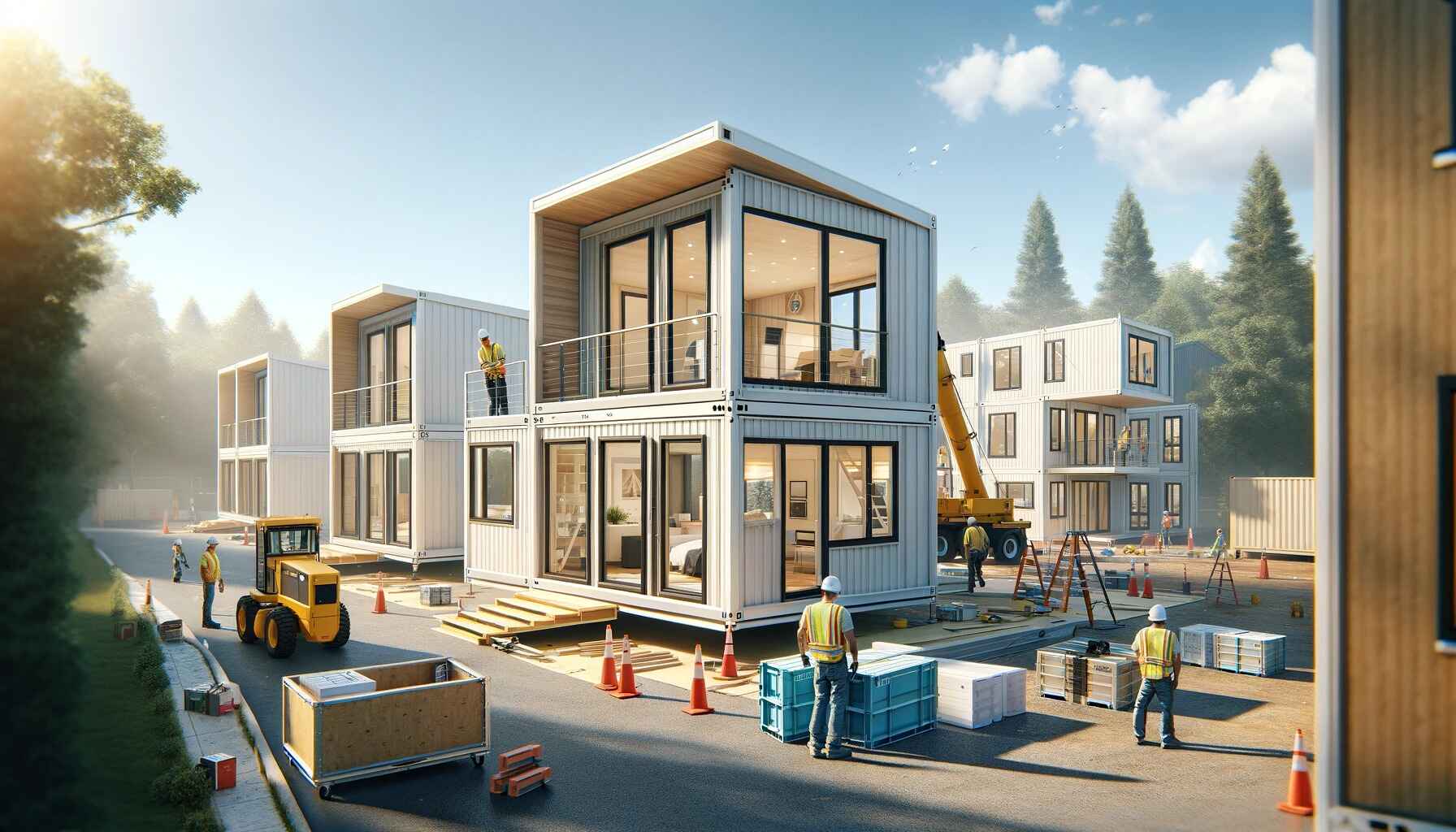Modular home construction is revolutionizing the housing industry, offering a modern, efficient, and cost-effective alternative to traditional building methods. These homes, built in sections or modules in a factory setting, are then transported to the site and assembled. This approach offers numerous benefits, including faster construction times, enhanced quality control, and greater design flexibility. This article explores the key aspects and advantages of modular home construction.
Speed and Efficiency
One of the most significant advantages of modular home construction is the speed at which homes can be built. Since modules are constructed in a factory, weather delays and other on-site issues are minimized. Construction of the foundation and the modules can occur simultaneously, significantly reducing the overall build time. A modular home can be completed and ready for occupancy in a matter of weeks, compared to several months for a traditional site-built home. This efficiency translates to quicker occupancy and potential savings on interim financing costs.
Quality Control
Factory construction allows for stringent quality control measures. Each module undergoes thorough inspections at various stages of the building process, ensuring adherence to precise standards and building codes. Factory settings also reduce the risk of material damage from weather conditions, pests, or vandalism. This controlled environment results in high-quality craftsmanship and durable homes that often exceed the quality of traditionally built houses.
Cost-Effectiveness
Modular homes can be more cost-effective than traditional homes due to several factors. Bulk purchasing of materials and efficient use of labor in the factory setting help reduce costs. Additionally, the reduced construction time lowers labor expenses and financing costs. Although the initial price per square foot may be similar to or slightly lower than traditional homes, the overall cost savings from reduced construction time and improved efficiency make modular homes an attractive option for many buyers.
Design Flexibility
Contrary to common misconceptions, modular homes offer significant design flexibility. Modern modular construction allows for a wide range of architectural styles, floor plans, and customization options. Homeowners can choose from various layouts, finishes, and features to suit their preferences and needs. Additionally, modular homes can be expanded or modified in the future, providing long-term adaptability. This flexibility makes modular homes suitable for diverse tastes and lifestyles.
Sustainability and Energy Efficiency
Modular homes are often more sustainable and energy-efficient than traditional homes. Factory construction generates less waste, as materials are cut to precise measurements and excess materials are often recycled. The controlled environment also allows for better insulation and tighter building envelopes, enhancing energy efficiency. Many modular home manufacturers incorporate eco-friendly materials and energy-efficient systems, such as solar panels, energy-efficient windows, and advanced HVAC systems, further reducing the home’s environmental impact and utility costs.
Financing and Resale Value
Financing a modular home is similar to financing a traditional home. Most lenders offer mortgages for modular homes, and they typically appraise and appreciate similarly to site-built homes. Resale value for modular homes is comparable to traditional homes, provided they are well-maintained and located in desirable areas. The durability, quality, and customization options of modular homes contribute to their long-term value and marketability.
Conclusion
Modular home construction offers a modern, efficient, and cost-effective solution for homebuyers seeking quality, flexibility, and sustainability. The advantages of faster construction times, enhanced quality control, and design versatility make modular homes an appealing alternative to traditional building methods. As the housing industry continues to evolve, modular homes are poised to become an increasingly popular choice for those looking to build their dream home efficiently and affordably.

